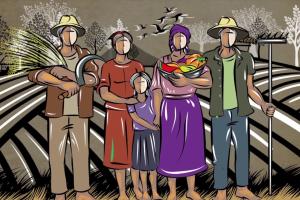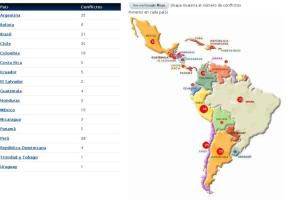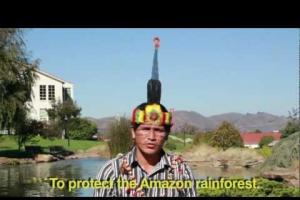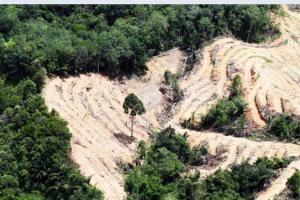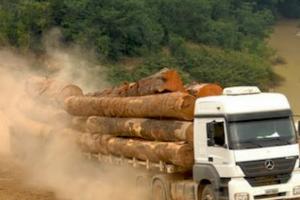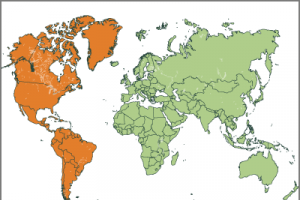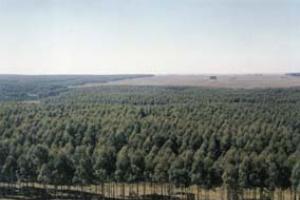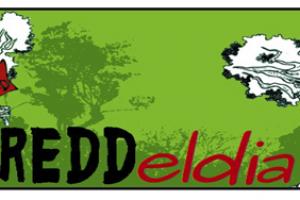Biomass is the oldest energy source used by humans. It is found in abundance in almost every part of the planet and today, more than two billion people depend on it for cooking, heating and lighting, particularly in the countries of the global South. Energy produced from biomass is called bioenergy.
America (general)
Bulletin articles
30 December 2012
On 26-30 November 2012, the 5th World Social Forum on Migration (WSFM) was held in Manila, Philippines. The WSFM is one of the thematic processes of the World Social Forum (WSF).
Other information
30 December 2012
The Observatory of Mining Conflicts in Latin America (OCMAL) and Latin American Observatory of Environmental Conflicts (OLCA) have developed the “Map of Mining Conflicts in Latin America” to serve as a database and information system for community management of mining-related social and environmental conflicts in the region. http://basedatos.conflictosmineros.net/ocmal_db/
Other information
14 December 2012
Against oil extraction in the Amazon forest in southern Ecuador:
Other information
30 October 2012
Barbara Zimmerman with the International Conservation Fund for Canada and Cyril Kormos, Vice President for policy with the WILD Foundation are the authors of a new study in Bioscience which argues that the ecology of tropical hardwoods makes logging with truly sustainable practices not only impractical, but completely unprofitable.
Other information
25 October 2012
By Elder Andrade de Paula
On the eve of another world conference on the environment – Rio+20 – which places emphasis on the climate crisis, we are witnessing major efforts by the centres of world power to promote a discussion with no real discussions. The worn-out model of “sustainable development”, now recycled under the new name of “green economy”, is being put forward as the only alternative to “save the planet”.
Other information
21 September 2012
Declaration by the Latin American Network Against Monoculture Tree Plantations
September 21, 2012
Declarations
20 September 2012
Bulletin articles
30 May 2012
Over the past several decades, large-scale monoculture oil palm plantations have spread throughout the tropical regions of Asia, Africa and Latin America.
We spoke with Giorgio Trucchi, a correspondent for the Latin American regional branch of the International Union of Food Workers (Rel-UITA, its acronym in Spanish) in Central America. Rel-UITA has been involved in numerous cases of denunciations of human rights violations and union conflicts connected to oil palm plantations.
Other information
16 June 2011
Only available in Spanish -
By Guadalupe Rodríguez, Salva la Selva.
Bulletin articles
29 September 2010
The territories that make up what is known today as Latin America have two main features in the eyes of big corporations and business conglomerates: they encompass vast areas of land, and they are a source of highly coveted commodities: wood, palm oil, commercial crops, meat, wool, raw materials for agrofuels, genetic resources, land, water. As such, they are a magnet for big capital.

